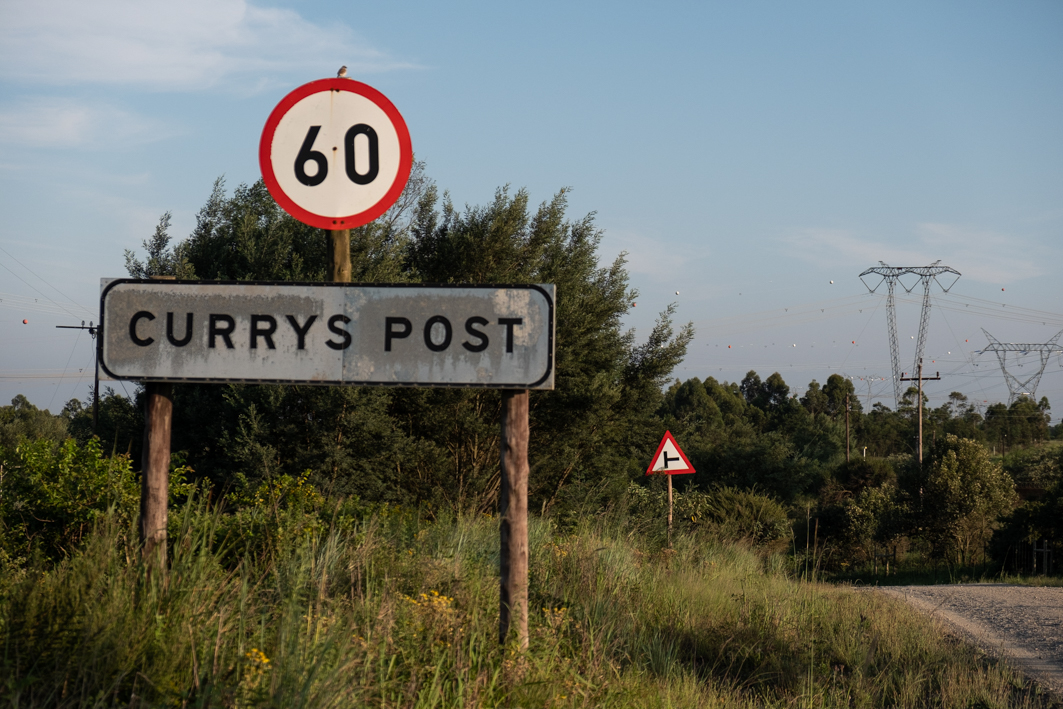Travelling on South African roads is a risky business. The rising level of lawlessness on our roads should be of grave concern to every South African but, even more worrying, is the complete lack of policing to clamp down on drivers who constantly and flagrantly flout the rules of the road.
Corruption is the scourge of Africa and also plays a major role in the horrific road toll figures this country rolls out year after year. It is estimated – and this from a Government source – that up to 50% of drivers licences in South Africa could be “suspect.”
Inefficiency at testing stations throughout the country has led to a mammoth backlog of applicants waiting to take the test for a learner’s or driver’s licence. This has led to corrupt officials making a quick buck by selling fake licences.
There is no visible and effective policing, which is a sure way – you only have to look at Australia – to cut the carnage and make people start obeying the rules of the road. Australia may be too regulated for South African liking, but the Australians know how to enforce traffic violations.
In Australia you do not break traffic laws because you will be caught and prosecuted. Much of road safety is about attitude, and we in South Africa need to start changing our attitude towards the way we behave behind the steering wheel.
However, visible policing in this country is non existent. This is partly because traffic departments are understaffed, poorly paid and poorly trained and partly because it is easier (and more lucrative) to hide in the bushes and fine speeding motorists.
We are going to be in trouble for as long as the focus on road safety in South Africa revolves around enforcing speed limits. It is against this background that an initiative put in motion by the new MEC for Transport in the Western Cape, Robin Carlisle, caught our attention.
Carlisle says reducing road fatalities in the Western Cape by half within five years has become an obsession with him. He quite rightly points out that while Government bureaucracy and ineptitude have not helped matters, road safety is about personal responsibility and far too many of us pay lip service to this responsibility.
The Western Cape government has now put in motion what is called a “Safely Home” campaign that includes some common sense approaches to what is a national problem. Aspects of the campaign include:
- A working partnership with the Department of Community Safety and the City of Cape Town to work with relevant organisations and individuals to pursue ways in which road deaths can be reduced.
- To increase visible policing throughout the province.
- The compilation of data to identify accident hot spots which will be proactively policed.
- The establishment of a road haulage unit in Cape Town to ensure that all heavy vehicles in the city are roadworthy and that the driver has a valid licence.
- The establishment of a “ghost squad” in Cape Town to clamp down on traffic law violations, and the appointment of additional staff.
Carlisle’s initiative has huge merit, and hopefully other provincial governments will prick up their ears, but it also highlights another problem area. Road safety is a national issue, but there are no national standards and provincial governments are left to do their own thing.
“Our message is a simple one – road deaths are avoidable,” says Carlisle. “It requires all road users to take individual and collective responsibility.”
How true. But initiatives to reduce road accidents and fatalities should not be left to the Western Cape and other provincial administrations. Central government must also play its part.
Are you listening out there, Mr Ndebele?







